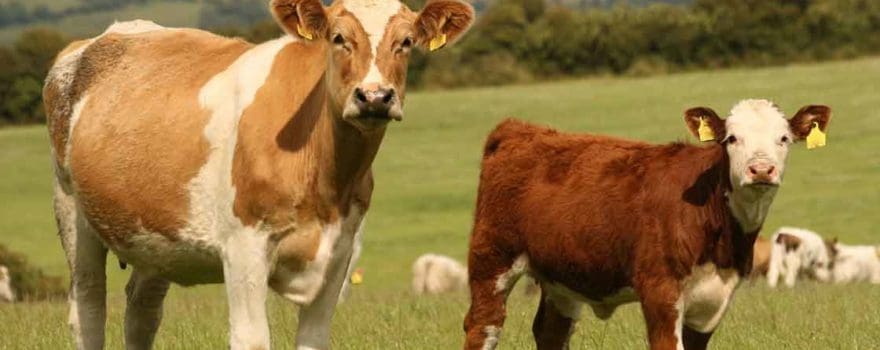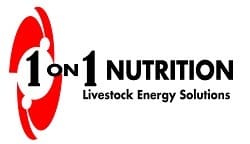
Alcohol animal feed, particularly in the context of cattle farming, is a topic that has garnered attention due to its potential advantages and drawbacks. In this essay, we will explore the benefits of using alcohol-based animal feed for cattle in detail, focusing on aspects such as improved feed efficiency, enhanced nutritional value, and environmental sustainability. We will also consider some of the challenges and ethical considerations associated with this practice.
Alcohol animal feed refers to the use of alcoholic beverages, byproducts of the alcohol industry, or specially formulated alcohol-based supplements as a component of cattle feed. This practice has gained traction in recent years as researchers and farmers have sought innovative ways to optimize cattle nutrition and address various challenges in modern livestock farming.
One of the primary advantages of alcohol animal feed is its potential to improve feed efficiency. Feed efficiency is a crucial metric in cattle farming as it directly affects production costs and environmental impact. Alcohol-based supplements can help enhance the digestion and utilization of dietary nutrients by cattle. These supplements often contain compounds like yeast, which can stimulate the growth of beneficial microorganisms in the cattle’s digestive system. As a result, cattle can extract more energy and nutrients from the same amount of feed, leading to increased weight gain and improved overall productivity. This can translate into significant economic benefits for farmers, as they require less feed to achieve the same or better results.
Furthermore, alcohol animal feed can contribute to the nutritional quality of cattle diets. Alcohol-based supplements are often rich in vitamins, minerals, and amino acids, which are essential for cattle health and growth. These supplements can help bridge nutritional gaps in cattle diets, particularly in regions where forage quality may be suboptimal. Improved nutrition can lead to healthier cattle with better reproductive performance, reduced susceptibility to diseases, and enhanced meat or milk quality. In turn, this can result in higher market value for cattle products, further increasing farmers’ profitability.
Another significant advantage of alcohol animal feed is its potential to reduce the environmental impact of cattle farming. Livestock agriculture is a major contributor to greenhouse gas emissions, primarily due to methane produced during digestion. By enhancing feed efficiency, alcohol-based supplements can reduce the overall methane emissions per unit of beef or dairy produced. Additionally, alcohol byproducts used in feed may offer an environmentally friendly alternative to disposing of these waste materials, contributing to a more sustainable and circular economy.
Moreover, alcohol animal feed can play a role in reducing food waste. In some cases, alcohol byproducts from the food and beverage industry, such as distillers’ grains or spent yeast, can be repurposed as cattle feed. These byproducts are often rich in nutrients and can serve as a valuable source of protein and energy for cattle, diverting them from landfills or other waste disposal methods. This aligns with the principles of sustainable agriculture and resource conservation.
However, it is essential to acknowledge some challenges and ethical considerations associated with alcohol animal feed. Firstly, the sourcing and quality of alcohol-based supplements must be carefully managed to ensure the safety and well-being of the cattle. Any impurities or toxins in the alcohol feed can have detrimental effects on animal health.
Secondly, the ethical implications of using alcohol-based supplements should be considered. Some may argue that using alcoholic beverages or byproducts in cattle feed raises ethical concerns related to alcohol consumption and its associated societal issues. Additionally, there may be concerns about diverting food-grade alcohol or byproducts away from human consumption when food security remains a global challenge.
Furthermore, the long-term effects of alcohol animal feed on cattle health and productivity require ongoing research. While there is evidence to support its benefits, further studies are needed to fully understand its impact on cattle physiology, reproduction, and overall welfare.
In conclusion, alcohol animal feed has several potential advantages for cattle farming, including improved feed efficiency, enhanced nutritional value, and reduced environmental impact. These benefits can lead to increased profitability for farmers and contribute to more sustainable livestock agriculture. However, it is crucial to address challenges such as sourcing and quality control, ethical considerations, and the need for ongoing research to ensure the safe and responsible use of alcohol-based supplements in cattle diets. With careful management and continued scientific inquiry, alcohol animal feed may play a valuable role in shaping the future of cattle farming and advancing the sustainability of the livestock industry.
